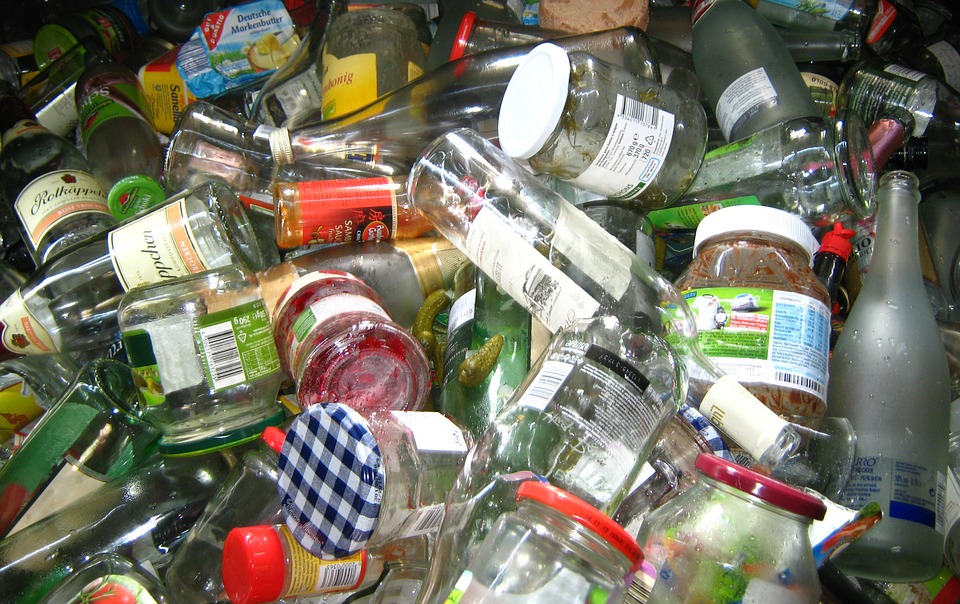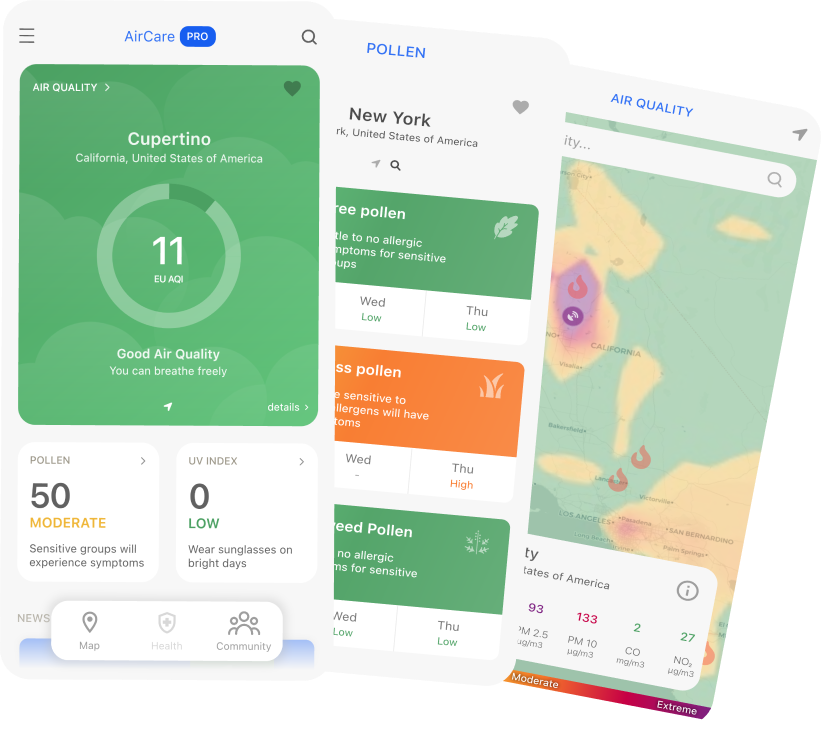Waste segregation refers to the separation of wet and dry garbage, which paves the way for other concepts of waste management such as recycling and composting. Waste segregation is beneficial for our environment because it decreases waste that reaches landfills, and reduces levels of water and air pollution.
The United States produces a lot of waste. In 2018, America produced 292.4 million tons of municipal solid waste.
If you want to make the world a better place for the next generations, it is your personal responsibility to take steps towards waste segregation for less pollution and a healthier environment.

The Difference Between Dry and Wet Waste
For waste segregation, you need to know the difference between wet and dry waste. Wet waste is all the kitchen waste we produce such as leftovers, fruits, used tea, vegetable peels, and so on. This is biodegradable organic waste that can be composted.
Dry waste comprises food packaging material, metal, rubber, styrofoam, cardboard, plastic, glass, and paper. Even though dry waste is recyclable, it can be rejected if it’s soiled or contaminated.
Tips for Practicing Waste Segregation at Home
Managing your waste at home won’t take up much time nor will it cost you any extra money. The only thing you need is the desire and awareness to act on it. Below, we’re going to offer some tips on how to segregate waste at home.
- Label and keep different containers for wet and dry waste in your home. You can use two different colors to help you differentiate them.
- When it comes to dry waste collection, keep two bags – one for paper and plastics and one for all the other household waste.
- Keep glass and plastic containers clean and rinsed of food matter.
- Keep a paper bag for throwing the sanitary waste. Sanitary waste includes synthetic sanitary napkins, diapers (for babies and adults), and other hygiene-related products.
- Send wet waste out of the home on a daily basis.
- Send dry waste out of the home once a week.
If you live in an apartment complex and want to initiate waste management, you can form a group of like-minded people that live in your building.
Explain waste segregation to the people who live in your apartment building, and get the staff involved as well. Get separate storage drums for storing wet and dry waste, and have the dry waste picked up by the local scrap dealer.
Final Thoughts
Having poor waste management practices can result in plenty of adverse effects, including environmental problems and health issues. It is essential for people and industries to know and understand the importance of waste segregation. With the help of waste segregation, the planet will remain a safe and beautiful place to live in.
Do you want to know the quality of the air you breathe? Download AirCare – our free mobile app that tracks air pollution from your pocket, and check out the AirCare blog!





